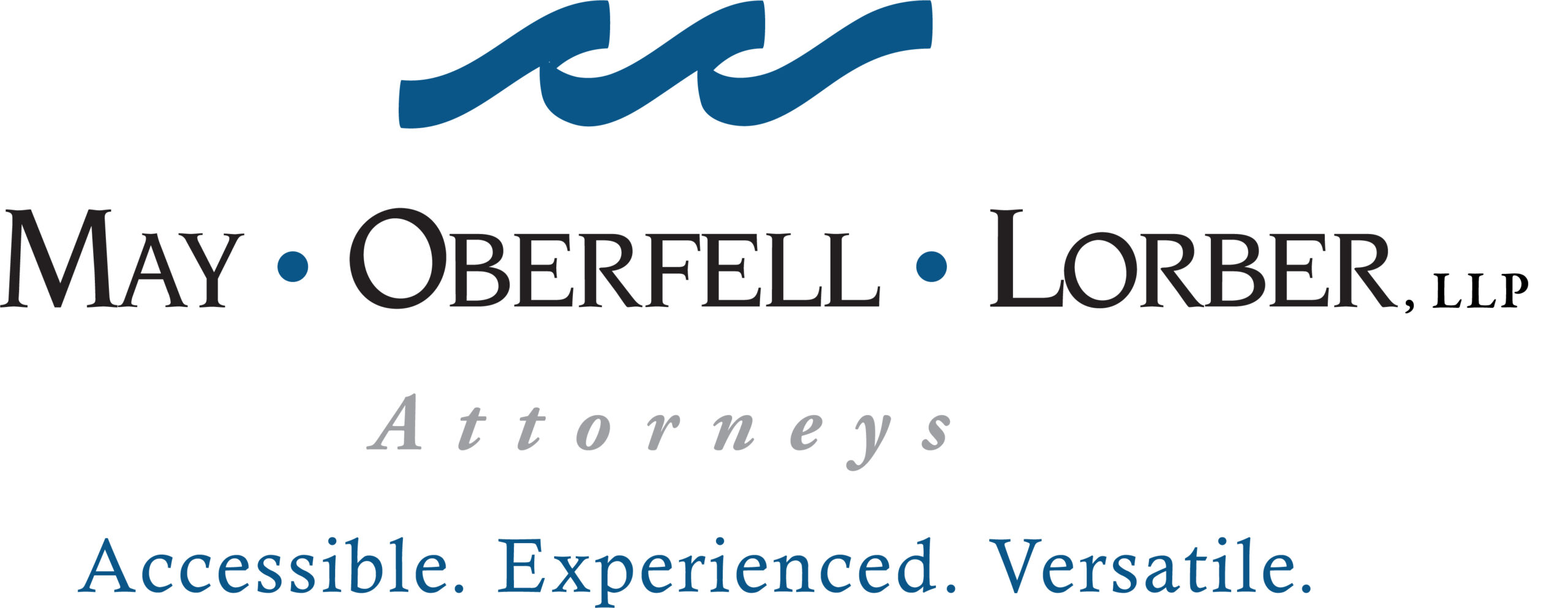30(B)(6) Depositions: The Face Of The Corporation
Corporate representatives who have been told they will have to testify on behalf of their employer may, at first, be anxious about giving such testimony. They may also not realize the importance of their testimony, specifically that their testimony can bind the company. But, with the right attorney to prep them, the anxiety should melt away.
Rule 30(B)(6) specifically states:
A party may in his notice name as the deponent an organization, including without limitation a governmental organization, or a partnership and designate with reasonable particularity the matters on which examination is requested. The organization so named shall designate one or more officers, directors, or managing agents, executive officers, or other persons duly authorized and consenting to testify on its behalf. The persons so designated shall testify as to matters known or available to the organization. This subdivision (B)(6) does not preclude taking a deposition by any other procedure authorized in these rules.
Here are some tips for making a 30(B)(6) deposition smooth sailing, and a way to bolster your position in litigation.
- Choose your corporate representative wisely! – Anyone serving a notice of 30(B)(6) deposition needs to describe the topics that will be discussed during the deposition with reasonable particularity. That requirement allows counsel, in coordination with their client, to select a knowledgeable corporate representative to respond to the areas of inquiry.
- Be prepared! – The corporate representative responding to the areas of inquiry set forth in the notice of 30(B)(6) deposition will need to provide complete answers, and those answers will be binding upon the corporation.
- You may not be the only one! – The corporate representative may be an officer, director, manager or anyone else within the organization who has sufficient knowledge to respond to the areas of inquiry in the notice of deposition. This may mean more than one corporate representative will be chosen to respond to different areas of inquiry.
- You are the face of the corporation! – A 30(B)(6) deponent is not testifying as a fact witness; instead, he or she is answering on behalf of the corporation. You are the face of the corporation.
- Investigate! – The corporate representative must undertake his or her own investigation internally to make sure that he or she has spoken with anyone who may have knowledge related to the topics of inquiry. The investigation may include looking into policies and procedures, employee files, and any other corporate documents that would be necessary in order to respond to areas of inquiry.
- Don’t be sanctioned! – Sanctions can be imposed if the corporate representative is not properly prepared about the subject matter contained within the 30(B)(6) notice of deposition. Courts have authority to impose sanctions, including reasonable attorneys’ fees. If a corporate representative denies knowledge of certain facts that the corporation knew were going to be investigated during the 30(B)(6) deposition, a court may consider this to be “failure to appear”. This makes sense because if a witness is unable to give useful information, it is as if he or she is not even at the deposition.
This article is for information purposes only and is not intended to constitute legal advice.
